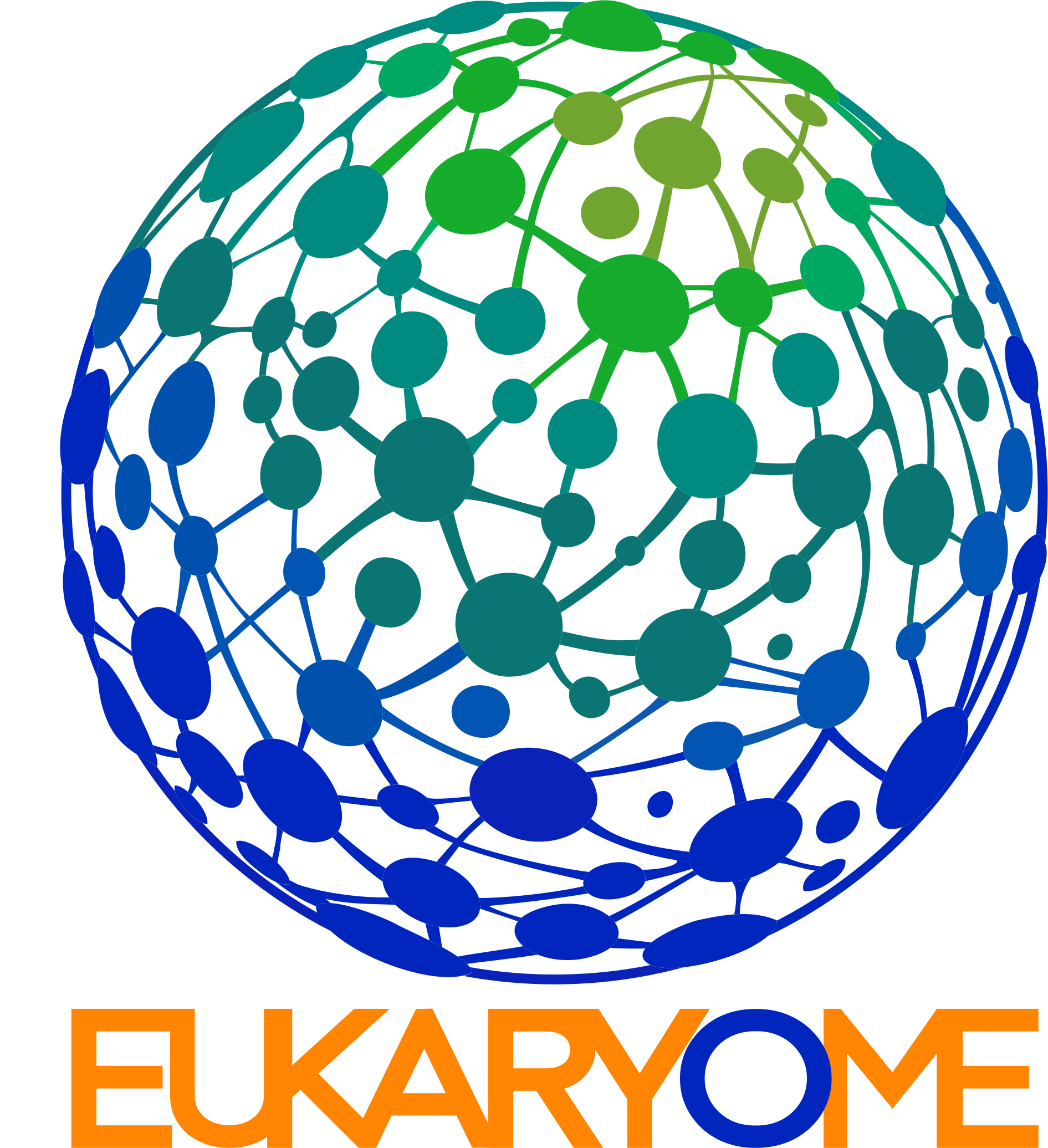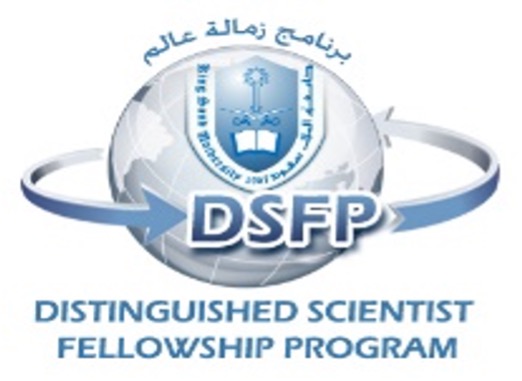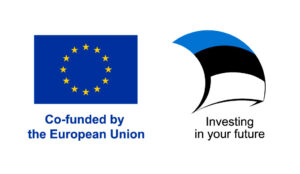
HOME
 Accurate taxonomic identification of organisms is one of the cornerstones of biology and its many subdisciplines, including ecology, biogeography, phylogenetics, and conservation biology. Molecular identification of organisms based on nuclear markers has revolutionised our understanding about the taxonomy, phylogeny, and ecology of various microscopic and macroscopic organisms. EUKARYOME is a community-curated research database for nuclear ribosomal 18S rRNA (SSU), internal transcribed spacer (ITS), and 28S rRNA (LSU) markers for all eukaryotes.
Accurate taxonomic identification of organisms is one of the cornerstones of biology and its many subdisciplines, including ecology, biogeography, phylogenetics, and conservation biology. Molecular identification of organisms based on nuclear markers has revolutionised our understanding about the taxonomy, phylogeny, and ecology of various microscopic and macroscopic organisms. EUKARYOME is a community-curated research database for nuclear ribosomal 18S rRNA (SSU), internal transcribed spacer (ITS), and 28S rRNA (LSU) markers for all eukaryotes.
The key benefits of this database are:
- It is not restricted to some taxonomic groups and it includes all rRNA markers;
- EUKARYOME compiles well-annotated, non-redundant, high-quality reads for the SSU, ITS, and LSU subsets – separately and combined – for high-accuracy taxonomic reference and chimera recognition:
- EUKARYOME also offers a number of reference long read sequences that are derived from (meta)genomic, long-read (meta)barcoding and concatenated short Sanger reads – a unique feature that can be used for taxonomic identification and chimera control of third-generation, long-read, high-throughput sequencing data.
- EUKARYOME contains additional information about organelle, prokaryote and pseudogene rRNA genes for annotation of off-target sequences. These are named starting with an underscore for easy sorting: _Archaea, _Bacteria, _Mitochondrion, _Nucleomorph, _Plastid and _pseudogene in the kingdom position. Reads matching to these references are most unlikely to represent eukaryote nuclear rRNA genes.
EUKARYOME relies only on the Linnaean ranks including species, genus, family, order, class, phylum, and kingdom. The EUKARYOME reference database covers all terrestrial and aquatic eukaryotic groups based on nuclear rRNA SSU (281,307 reads), ITS (1,570,910), and LSU (309,954) markers taken separately and combined (126,069 SSU-ITS-LSU reads). A total of nearly 1.8 million entries are contained in the current version of the database.
Citations
If you find EUKARYOME a useful resource for your research or applications please cite:
Leho Tedersoo, Mahdieh S Hosseyni Moghaddam, Vladimir Mikryukov, Ali Hakimzadeh, Mohammad Bahram, R Henrik Nilsson, Iryna Yatsiuk, Stefan Geisen, Arne Schwelm, Kasia Piwosz, Marko Prous, Sirje Sildever, Dominika Chmolowska, Sonja Rueckert, Pavel Skaloud, Peeter Laas, Marco Tines, Jae-Ho Jung, Ji Hye Choi, Saad Alkahtani, Sten Anslan , EUKARYOME: the rRNA gene reference database for identification of all eukaryotes, Database, Volume 2024, 2024, baae043, https://doi.org/10.1093/database/baae043
Ackno wledgments
wledgments

This work has been funded by Distinguished Scientist Fellowship Program, King Saud University, Riyadh, Saudi Arabia and by grants MOBERC106 and MOBERC116 from Mobilitas 3.0 program, Estonian Research Council.


